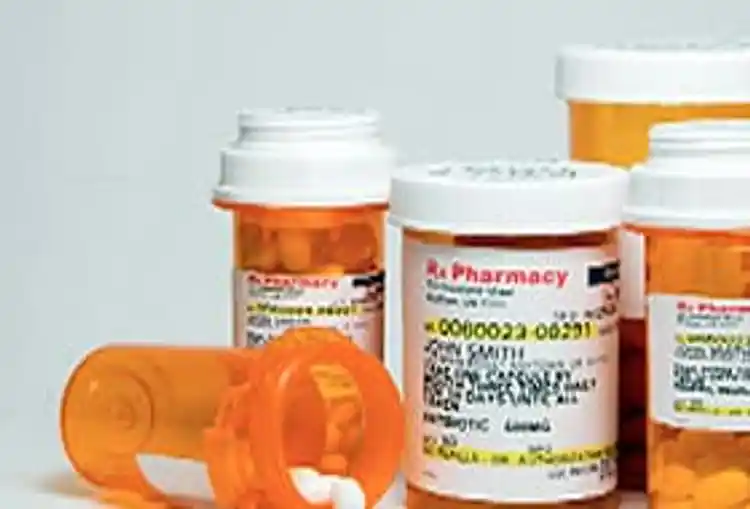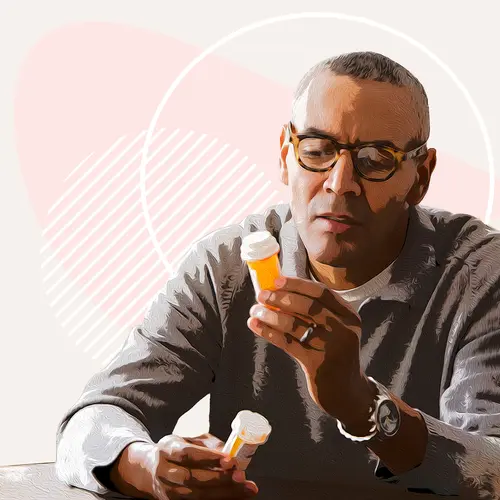When To Know If You Need Statin Drugs

Hide Video Transcript
Video Transcript
: When is a statin needed to lower my cholesterol?
Jonathan Sackner Bernstein, MD
Now that we know that your cholesterol is high, what that means is that you are at higher risk. Depending on the exact number, your risk could be 2 times, 4 times, 5 times higher than it necessarily needs to be. I say "than it necessarily needs to be", because if you can reverse that cholesterol abnormality and get your cholesterol profile back to the optimal level, then your risk would be reduced. If you had a horrible diet, then I would be more optimistic that changing your diet alone and exercising would have impact. But most people who are going to come in with these kinds of numbers are actually reasonable in terms of their diet, and don't have excessive fats, so you're not having fatty foods two meals a day, then diet alone is unlikely to solve your problem. And I think in that case, you need to seriously consider taking a medicine such as a statin. Statins are wonderful medicines because even though they can cause a problem, you can have a side effect, as you can to any medicine, even Tylenol, with your cholesterol level being elevated, you are safer taking the statin because it can reduce the risk of a heart attack or a stroke and can keep you alive, than you would be if you decided not to take the statin. Interviewer
But I hear so much on TV about all these side effects and risks and my liver and I have to have a blood test every year, and I don't really like to pop a pill. Jonathan Sackner Bernstein, MD
That's a concern that is shared by many, and I'm not going to force you to take a pill. I'm happy to have this discussion on an ongoing basis. We can try to get you some more information, so you can understand why you should be taking this particular pill. The likelihood of you having a heart attack before your next visit is really low, so we have time to talk about this. The truth is you've been having problems because of your cholesterol probably for the last 10 or 15 years as the plaques have been building up in the arteries of your heart. This is not a problem that just developed today. It's just that your blood level of cholesterol is abnormal for the first time today. So we now have to have this discussion, so the fact that you've heard about side effects of the medicine means that you're well informed, that's good, so you understand how important it is going to be to come back and have that blood test. One of the great things that we've learned from a lot of the large trials that have been done with statins over 3, 4, 5 years of follow up, is that the amount of patients that actually have a problem is not all that different from placebo, in terms of liver abnormalities. And we're not talking about liver failure, needing a liver transplant, dying from liver dysfunction, having to change your lifestyle because of liver dysfunction. What we're talking about here is an abnormality in the blood test that when we change the dose of your statin, or stop it, goes away. And at the same time, we're talking about a medicine that could reduce your risk of a heart attack or stroke substantially. Could you potentially have an aggravating side effect? Absolutely. Everybody's metabolism could be different. Talk to your doctor about that. Find one that your body can tolerate and minimize your risks 